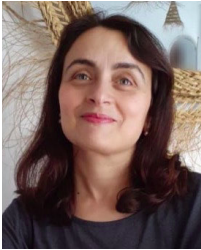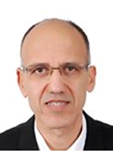
The Internet of Things (IoT) has revolutionized how we interact with the world, generating vast amounts of data from connected devices. To effectively manage and analyze this data, specialized data engineering techniques are essential. In this workshop, we will delve into the realm of IoT data engineering, focusing on constructing robust data pipelines capable of tackling the unique challenges posed by IoT data. The primary objective of the workshop is to provide researchers and industrialists with an opportunity to learn about developing cutting-edge data solutions and to engage in stimulating discussions on the latest advancements in this field.

Workshop papers will be published by Springer in "Communications in Computer and Information Science". Best papers from each workshop will be invited to the Computer Science and Information Systems Journal: http://www.comsis.org/

